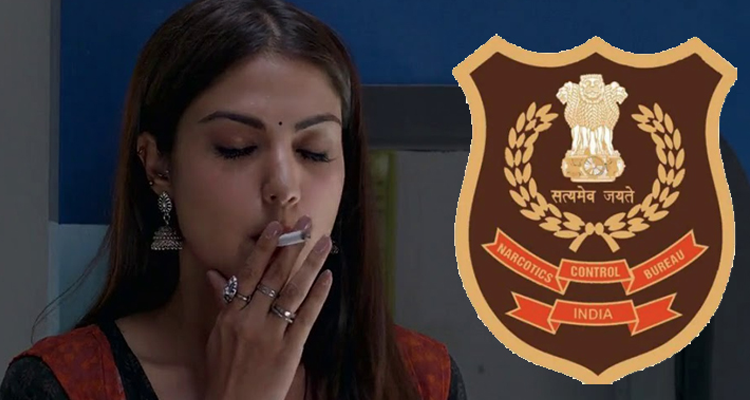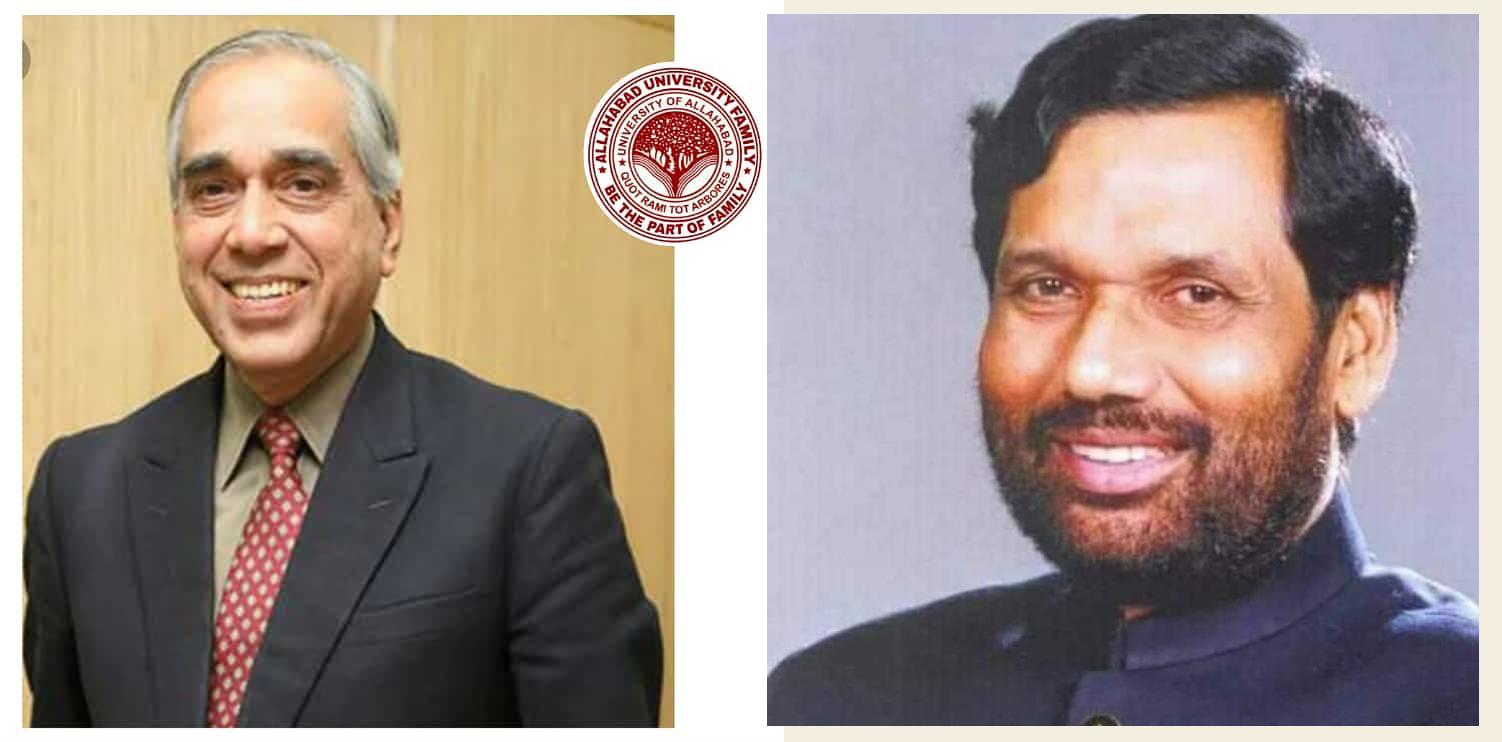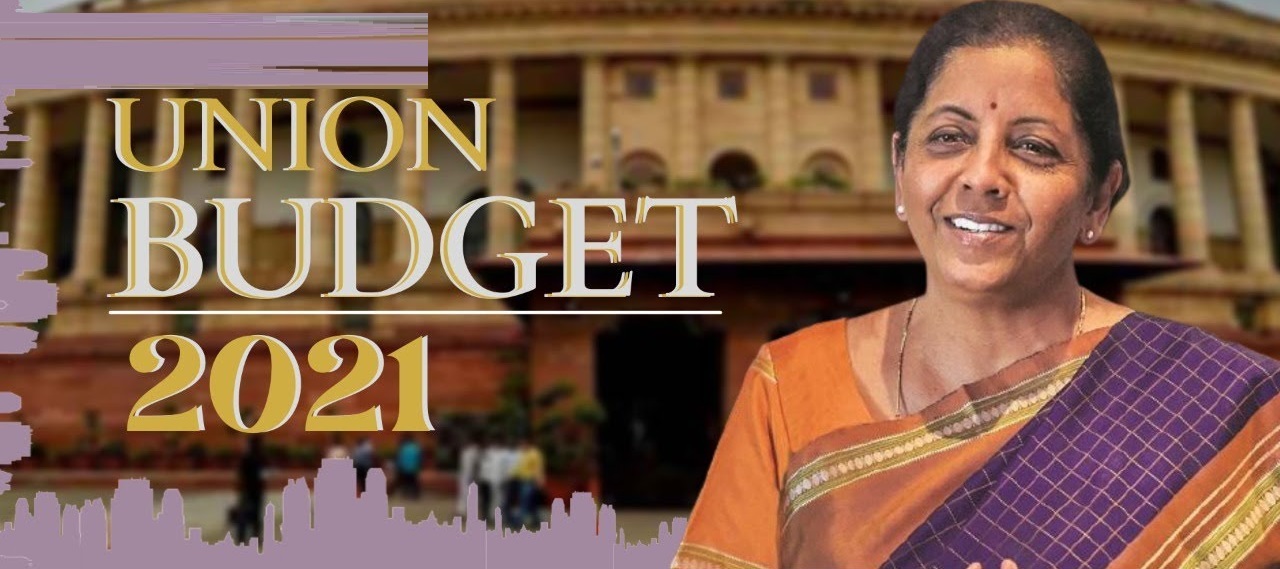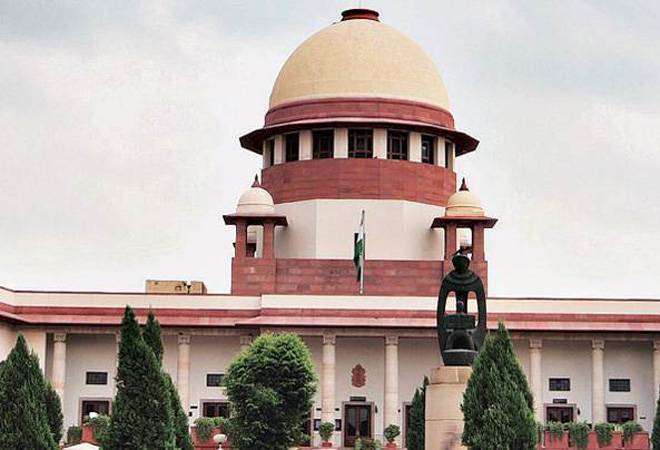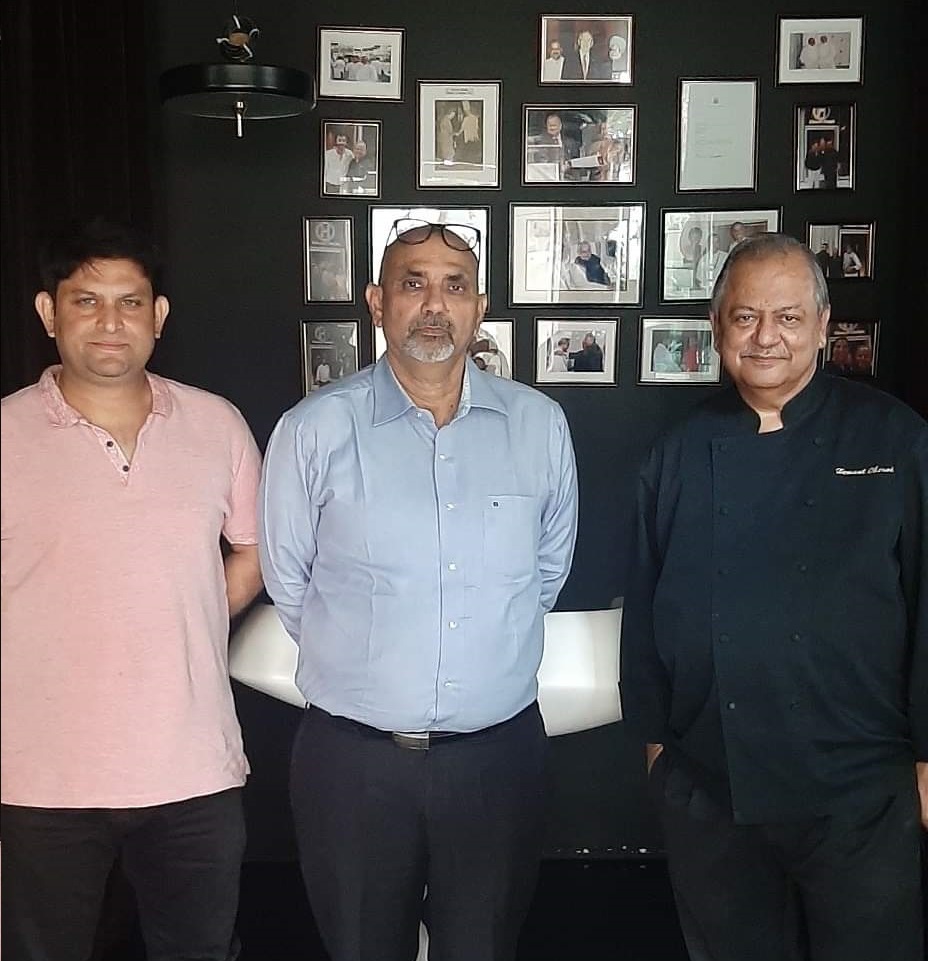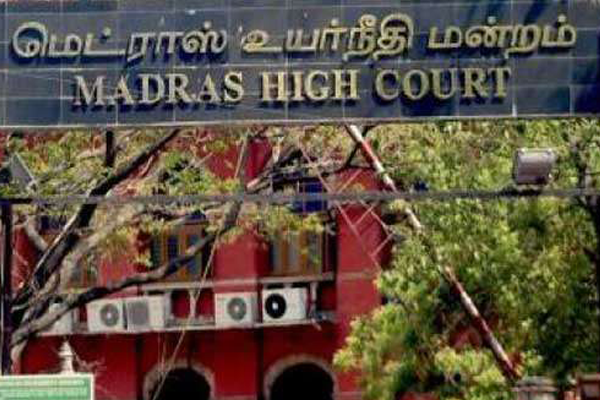
Can a non-Hindu enter into a temple?
The Court ruled that Hindus enjoy the same unimpeded freedom to follow their religion as other communities.
The State Hindu Religious and Charitable Endowments (HR&CE) Department and the Tamil Nadu government were instructed by the Madras High Court to make sure that non-Hindus are not allowed to enter the Palani temple (Arulmigu Dhandayuthapaniswamy Temple) and its sub-temples in Tamil Nadu beyond the flagpole area.
Temples are not places for picnics. According to the Madurai court, Justice S Srimathy and Hindus have the same freedom to practice their faith freely as any other community.
Consequently, the Court ordered the State government to "erect signs stating that non-Hindus are not permitted" anywhere within the temple grounds past the flagpole.
The judge further mandated that anyone who is not Hindu and wants to attend the temple must give a written declaration stating that she accepts Hinduism, its traditions, and the gods of the temple.
The Court then gave the following instructions:
i) The respondents have been instructed to erect signs that state, "Non-Hindus are not allowed inside temple after Kodimaram," at the entrances to the temples, in the vicinity of Kodimaram, and in conspicuous locations within the temple.
ii) The responses have been instructed to forbids non-Hindus who do not adhere to the Hindu faith.
iii) If a non-Hindu claims to have visited a particular deity in the temple, the respondents must get an assurance from the non-Hindu that he has faith in the deity and that he will adhere to both temple and Hindu customs. Based on this assurance, the non-Hindu may be permitted to visit the temple.
iv) Anytime a non-Hindu is permitted based on the undertaking, it must be recorded in the register that the temple will keep.
v) The respondents are required to uphold the temple's grounds by closely adhering to its agamas, rituals, and traditions.
The Palani Hill Temple Devotees Organization's organizer, D Senthilkumar, filed a petition with the court asking for orders to place such prohibitory boards and signage.
A Muslim family with many women in "Burquas," according to Senthilkumar's petition, had bought tickets at the train station to travel to the Palani hilltop, which is the location of the temple, in June of last year.
When the police attempted to stop them, they claimed that there was no board preventing non-Hindus from entering. Senthilkumar informed the court that the family wanted to visit the summit to take pictures.
The judge rejected the State government's argument that placing these signs around the temple and the hilltop where it is located would offend the religious sensibilities of the hordes of people who come to the area not only to see the temple's sanctum sanctorum but also to enjoy the view from the top of the hill.
This erroneous fear stems from the fact that allowing non-Hindus was probably going to offend Hindu followers and believers.
The judge emphasized that Hindus also have the freedom to practice openly and spread their religion.
"There is no need to worry about offending a non-Hindu if they refuse to practice their religion, adhere to Hindu customs, and follow temple rituals and customs because they are not Hindu and cannot be permitted." However, the Court stated that it would be detrimental to the feelings of the many Hindus who reverently practice their religion if non-Hindus who choose not to adhere to Hindu customs and practices were permitted entry into the temple.
The Court stated that this would have an impact on Hindus' constitutionally guaranteed rights.
Concerned about the opinions of non-Hindus who do not believe in the Hindu religion are the respondents. The solitary judge did not hold back in her argument that the respondents were not doing enough to uphold the Hindu community's sentiments.
It is actually the duty of the Hindu Religion & Charitable Endowment Department to preserve Hinduism, Hindu temples, and related activities, customs, etc. The Court stated that the respondents were displaying inappropriate concern and sympathy for non-Hindu sentiments.
The High Court further stated that although the Temple Entry Authorization Act, 1947 was created to end prejudice against Hindus granting permission to enter temples, non-Hindus were not included by the Act.
"Temples were purposefully not included within the purview of Article 15," Justice Srimathy continued.
Nonetheless, the petitioner's examples raise serious issues for believers of Hinduism. Although the respondent disputes the petitioner's account of the incident, a media article claims that a group of people from a different religion attempted to enter the temple as visitors. It was also alleged that a group of people from a different religion were using the Arulmighu Brahadeeswarar Temple as a picnic area and serving non-vegetarian food there.
Similar to this, on January 11, 2024, a newspaper revealed that a group of people from a different religion had entered the Arulmighu Meenakshi Sundareswarar Temple in Madurai and were trying to offer prayers in front of the sanctum sanctorum while carrying "their sacred book." The fundamental rights that the constitution guarantees to Hindus are being severely violated by these instances. Hindus has an inherent right to openly declare and follow their faith, as well as the freedom to spread it without hindrance. As a result, the Hindus are entitled to preserve their temples, the High Court declared.
Your free access to Supreme Law News has expired
For further details contact:
Dr. Ajay Kummar Pandey
( LLM, MBA, (UK), PhD, AIMA, AFAI, PHD Chamber, ICTC, PCI, FCC, DFC, PPL, MNP, BNI, ICJ (UK), WP, (UK), MLE, Harvard Square, London, CT, Blair Singer Institute, (USA), Dip. in International Crime, Leiden University, the Netherlands )
Advocate & Consultant Supreme Court of India, High Courts & Tribunals.
Delhi, Mumbai & Dubai
Tel: M- 91- 9818320572. Email: editor.kumar@gmail.com
Website:
www.supremelawnews.com
www.ajaykr.com, www.4Csupremelawint.com
Facebook: /4Clawfirm, /legalajay Linkedin: /ajaykumarpandey1 Twitter: /editorkumar / YouTube: c/4cSupremeLaw Insta: /editor.kumarg
Telegram Channel
Whatsup Channel


